It is a good practice for a SCUBA diver to carry a knife while in the water.
But does this transfer to other sports such as surfing?
Most surfers do not carry knives when they go surfing, although on a rare occasion you may see this happen.
Although there are a few situations in which you may see a knife as beneficial, the chances of the knife causing more harm than good are likely.
- 4 Reasons Why a Knife May Be Useful When Surfing
- 4 Downsides of Carrying a Knife When Surfing
- 2 Myths About Surfing Knives
- Should I Carry a Knife When Surfing?
- Conclusion
- You Might Also Like…
4 Reasons Why a Knife May Be Useful When Surfing
Although it is unlikely you will come across anyone surfing with a knife, there are a few particular arguments made for why they may be useful, although not all of them are entirely true:
- Protection from sea life
- Protection from locals
- To cut yourself free if you become entangled
- For out-of-water use
Of the four above-mentioned reasons of why a knife might be useful while surfing, only two remain true: When becoming entangled, and for uses that are out of the water.
The remaining two are addressed further down.
Cutting Yourself Free
Becoming entangled in your leash, fishing nets, rope, or kelp does pose a danger while surfing.
Although It is fairly unlikely that you will come across fishing nets and rope in the break you are surfing, it is still possible – especially when surfing off of a pier or harbor wall.
This is not as much of a concern when surfing in a group, but when surfing alone in these destinations, or over large kelp forests, it may be a good idea to consider a small knife in case the worst happens.
If there are other surfers in the water, they will notice your board sticking out the water while you are not, which will be a signal that something is wrong.
If you are alone, stay calm and try to untie yourself. This is one time that a knife will likely be a massive help.
However, if you are in a panic, you will likely cut yourself and possibly make the situation worse.
Out of Water Use
The only other major use case for carrying a knife as a surfer is for situations that may come up before you enter the water, or after you exit.
Some examples of this (which has happened to me) may include forgetting your leash at home.
In this case, a knife might be useful to cut a piece of rope to use as a temporary replacement.
Another situation may be to cut your wax in half to give to someone who is in need, or maybe to share a sandwich after a long surf.
Besides this, there is no real need for a surfer to carry a knife.
4 Downsides of Carrying a Knife When Surfing
As always, there are both upsides and downsides to everything.
Although a knife may protect you in some rare situations, the downsides of carrying one while surfing tend to outweigh the positives.
1. Risk of Cutting Yourself and Others
The risk of cutting yourself or others while surfing with a knife is much higher than the chance of you finding yourself in a situation where you need the knife.
Although you may have the knife secure and covered, surfing is often done at high speeds.
In the case of a collision (which is already painful enough), there is a high risk that the knife will become dislodged and cause serious injury.
In the case that you find yourself wrapped in your leash, it is much safer to relax and unwind yourself.
Pulling out a sharp knife and sliding it close to your skin while being tossed around by waves is a recipe for disaster.
2. Adds Tension to the Water
Surfing is, on the most part, a relaxing, chilled-out sport that many turn to in order to escape from their daily tensions.
Paddling out into the water and noticing the person next to you with a knife strapped to their leg can be an instant mood changer.
Taking a knife into the water can feel threatening and may cause unease around other surfers.
This in turn could cause anger pointed towards you, which ironically may make you feel justified for bringing the knife along, as you may begin to feel threatened.
Without the knife, this tension will not exist.
3. May Attract Unwanted Sea Life
There is a large number of species in the water that are attracted to shiny objects.
These include sharks, barracuda (who have incredibly sharp teeth), and seals.
Bringing a knife with you into the ocean may encourage these potentially dangerous sea creatures to come closer.
Although your knife will likely be covered (as it should), this is an added risk that is unnecessary.
4. Expensive With a High Risk of Loss
Diving knives, which would be the same as those you would consider using for surfing, are not cheap.
Furthermore, there is a high risk of you losing this expensive equipment, which will be more painful when you know you didn’t need to take it with you in the first place.
2 Myths About Surfing Knives
There are not any set-in-stone myths about surfing with a knife, but there are a few misconceptions that are worth knowing about.
1. Knives Will Help Protect Surfers From Sharks
There is almost no situation in which a surfer having a knife strapped to their leg will be able to use the knife to defend themselves from a shark.
A great white shark can swim approximately 40 km/h (25 mph).
If you think that you can reach down to your ankle, unstrap your knife, and pull it out before you are hit by such a fast and powerful creature, you are likely mistaken.
With no intention of creating fear, as the chances of shark attacks are incredibly low, if a shark were to attack you, there is not much chance of stopping it.
Furthermore, sharks are covered in tough teeth-like scales called dermal denticles.
These make the skin of a shark incredibly difficult to penetrate, which would mean that you would need to hit a fish moving at 40 km/h in the eye.
In conclusion, a knife is very unlikely to protect you from an attacking shark.
2. You Need a Knife to Protect You From Locals
Yes, surfing localism is a thing, and yes, there are many occasions where locals pick fights with newcomers.
Thirty years ago, in a time where surf gangs such as the Bra Boys were notorious in Australia (you can watch a full documentary about their lives), a knife may have been necessary.
However, the surfing world has changed since then and has become an accepted part of local society.
Although you may find yourself in small arguments with locals, there should be no need for violence.
Carrying a knife into the water while you surf is more likely to begin a fight than end one.
Should I Carry a Knife When Surfing?
No one can tell you whether you should or shouldn’t do something. This is also true with the surfing world.
However, just as it is with the etiquette of surfing, some advice is worth taking.
It is not recommended to carry a knife while you surf.
It is neither a common practice nor is it likely to aid you in most situations.
That being said, if you are adamant that you need a knife, make sure it is well covered and secure.
Furthermore, it is best to keep it out of sight from other surfers and only to use it in the most desperate of times.
Conclusion
Surfers do not carry knives into the water with them when they surf.
Although it is possible that the odd person may choose to do this, it is not a common practice and is frowned upon within the surfing community.
If you have a nice knife that you want to keep on you while in the ocean, save it for your SCUBA diving adventures.
You Might Also Like…
-

Do Surfers Ride Switchfoot? 5 Benefits (& Why You Should Learn It)
-

Do Surfers Shave Their Legs? 5 Common Reasons (+Pros & Cons)
-

Do Surfers Wear Helmets? 8 Situations You Should Wear One (+4 Cons)
-

Do Surfers Poop in the Ocean? Myths & Facts (+5 Tips)
-

Do Surfers Run Into Each Other? 5 Common Reasons (+8 Tips)
-
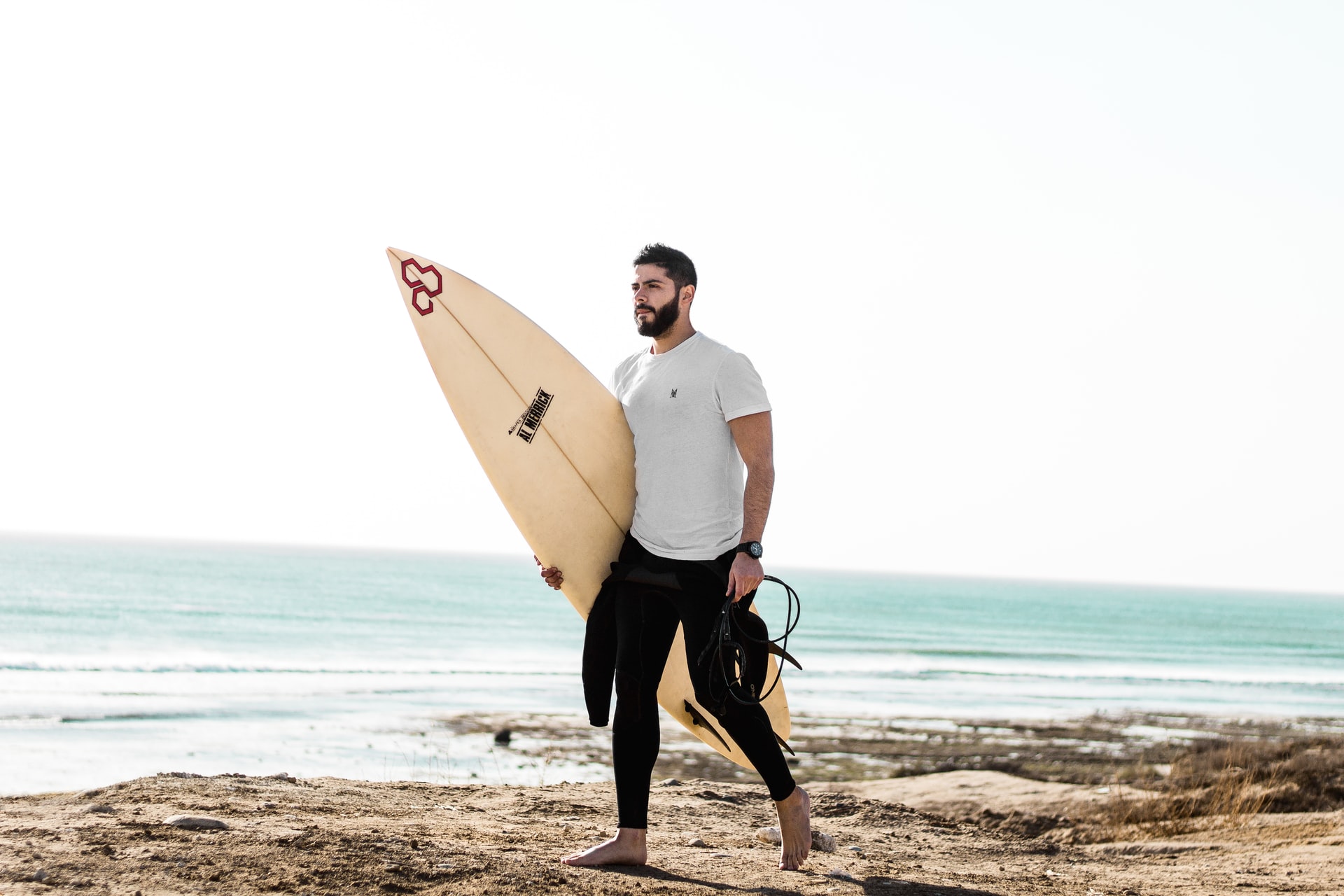
Do Surfers Have Beards? Pros & Cons You Should Know (+4 Tips)
-
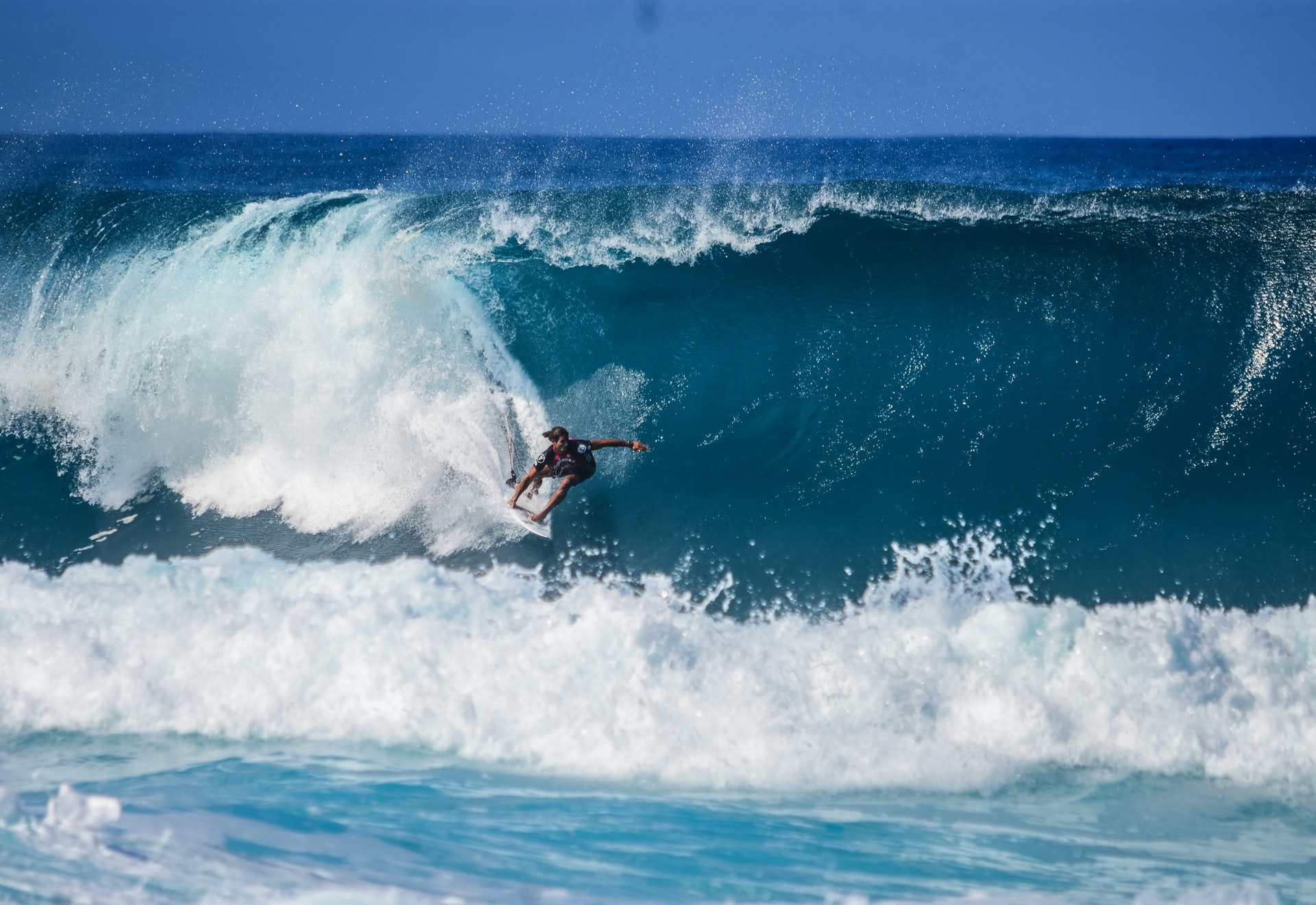
Do Surfers Like Constructive or Destructive Waves? (+Pros & Cons)
-

How to Surf Safely: 34 Crucial Tips (Every Surfer Should Know)
-
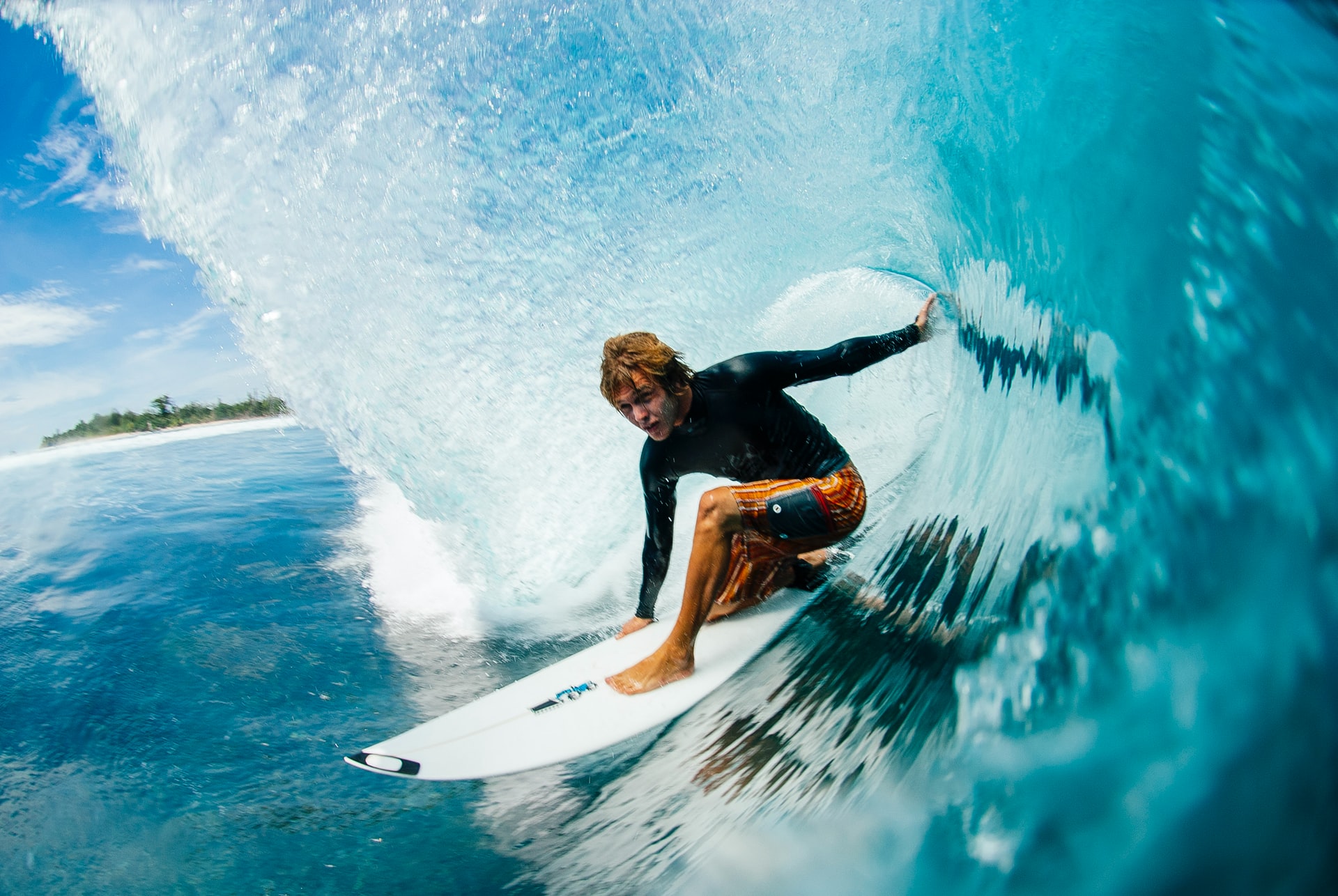
Do Pro Surfers Use Leashes? (+6 Reasons Why You Should Too)
-
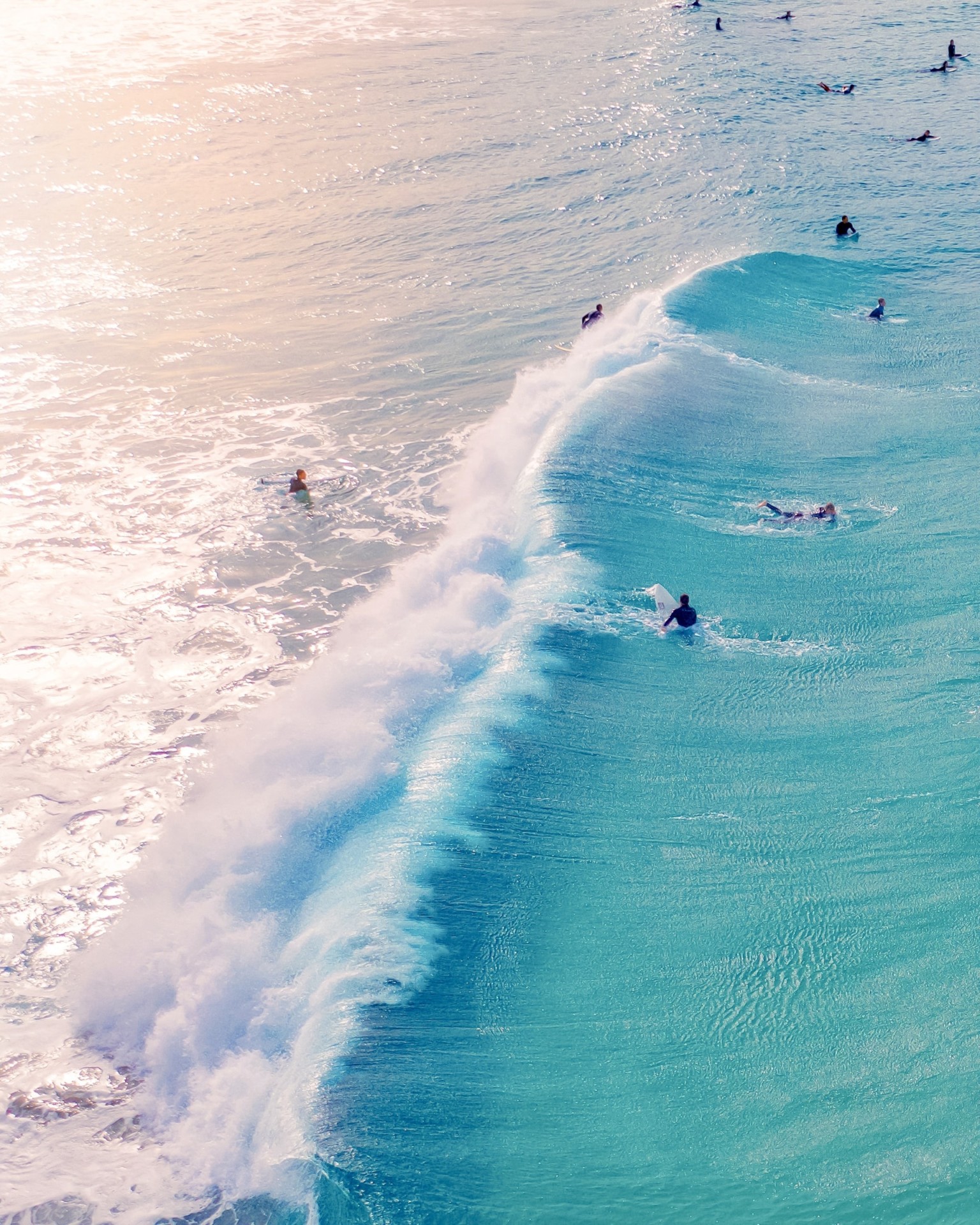
Do Many Surfers Drown? Here Are the Facts (+4 Common Reasons)
-
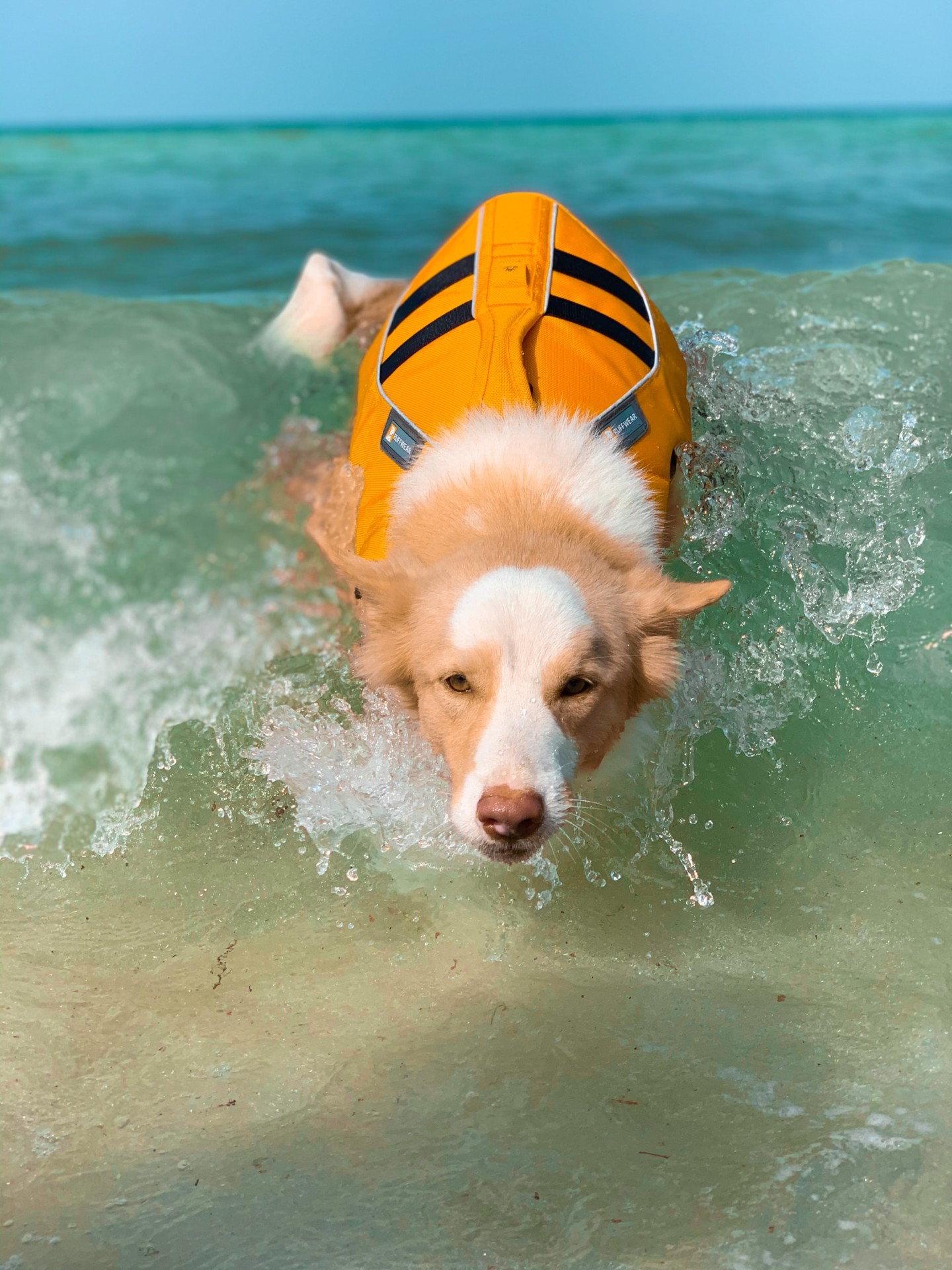
Do Surfers Wear Life Jackets? (7 Reasons Why They Don’t)
-
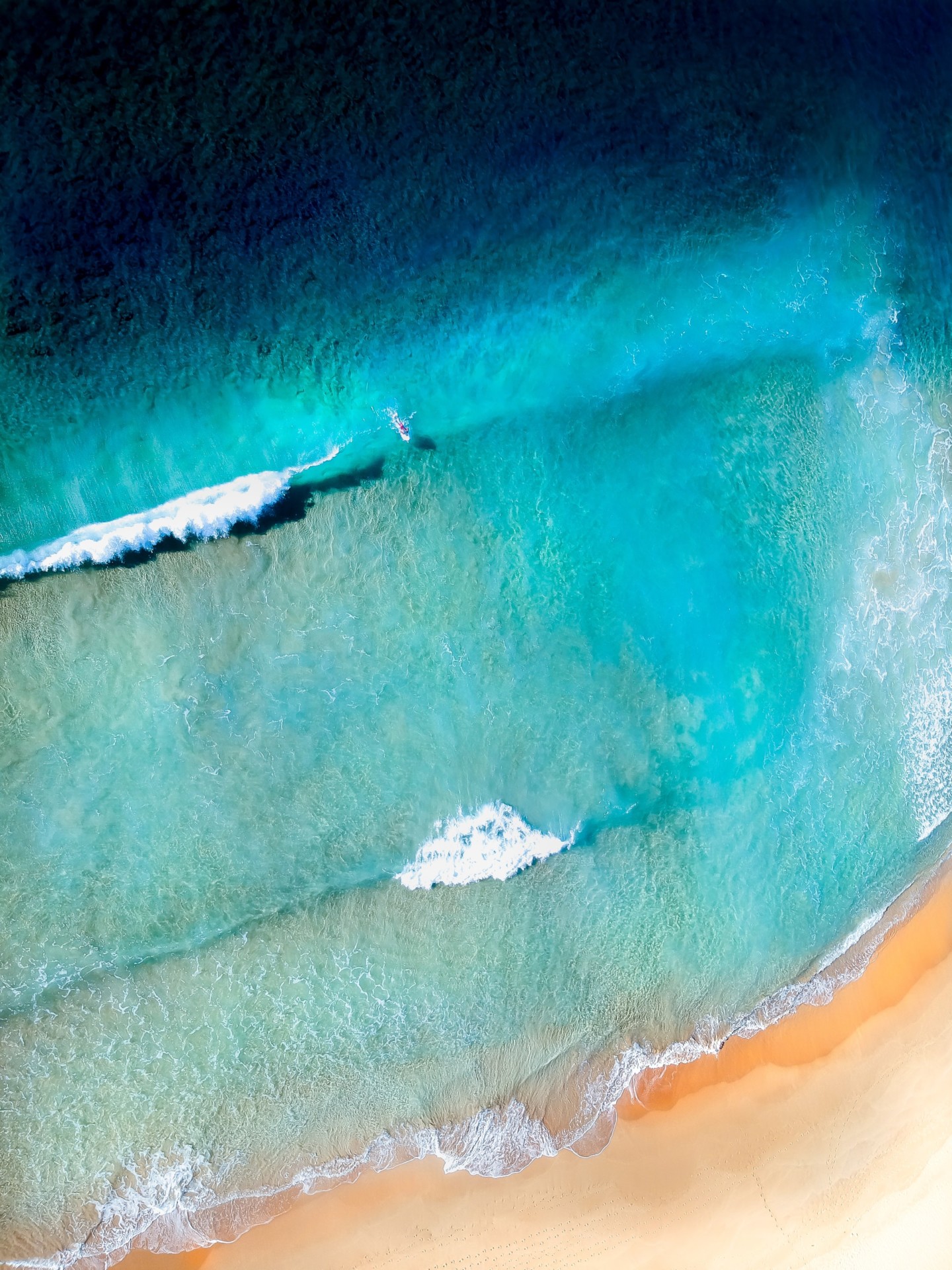
Do Surfers Like Rip Currents? (& How to Use Them Safely)








